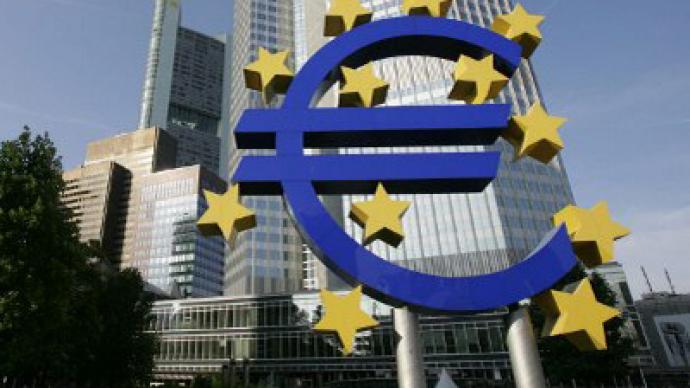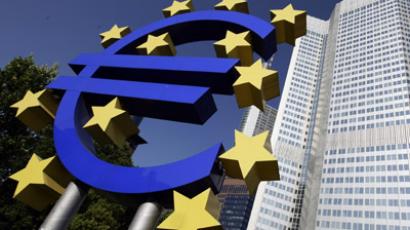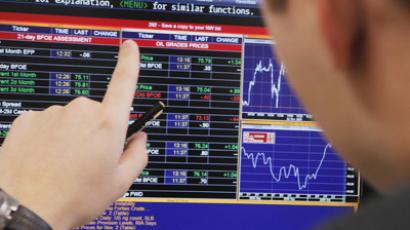BRICS cite obstacles to growth set by debt struck West

The world’s five largest emerging economies claim the West’s quantitative easing policy is destabilizing their own growth.Should the western cheap cash injection last too long, the developed countries themselves will suffer, experts are warning.
Brazil's President Dilma Roussefftold the fifth annual BRICS summit that while the developed world's monetary policy "brings enormous trade advantages to developed countries, it results in unfair obstacles for others". The BRICS summit joint statement, signed by the leaders of Brazil, Russia, India, China and South Africa states that the enormous cash slush created by the west to deal with its debt crisis has "been spilling over into emerging economies, fostering excessive volatility in capital flows and commodity prices". The US Fed, Bank of England and the ECB have injected trillions into their banking systems and cut their key interest rates to boost domestic economies. Lately the ECB alone provided for $1.3 trln in form of the 3-year loans at a very low interest rate, seeking to cool worries around the European money market. The benchmark US Fed rate has been varying within the bottom coring of0-0.25% for more than three years. The ECB rate stands at 1%, while the Bank of England's charges 0.5%.“Since western countries get cheap money, they seeks to invest it into the most precious things, which is today commodities,” Tamerlan Khasimikov, a general director at BST Capital Management, told Business RT. “BRICS have real cause for concern, as high demand in commodity driven economies makes them the major destination for foreign investors”. Strengthening BRICS domestic currencies leads to lower competitiveness in international markets and becomes an additional serious threat to export oriented countries.But is this investment creating jobs?The BRICS leaders stance stressed sustainable job creation at the expense of exposure to unstable markets. "It is critical for advanced economies to adopt responsible macroeconomic and financial policies, avoid creating excessive global liquidity and undertake structural reforms to lift growth that create jobs," the joint statement read.Such monetary policies can last only to a certain point, and should not be ‘overdone’ , Alexandre Morozov, chief economist for Russia and CIS at HSBC bank, told RT. In this case western economies will suffer as well. Overheated commodities markets would negatively affect western economies – reflected in higher housing and utility bills for ordinary people all over the world.On a corporate level, Western blue chips will also be hit, as inflation comes first to the market of raw materials brining higher prices. Meanwhile the growth of purchasing power among ordinary people always lags behind.BST’s Khasmikov warned producers need to take limitations on a demand price into account and shouldn’t increase final prices in line with production cost increasesas “this causes a margin squeeze for big companies”.














